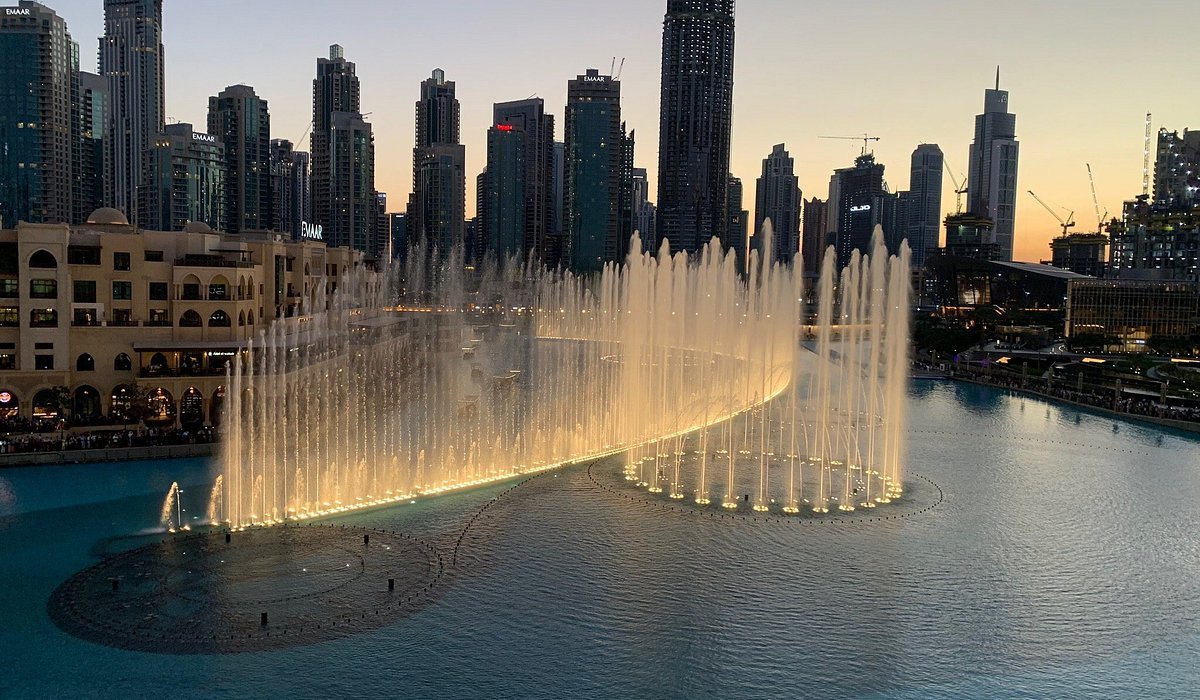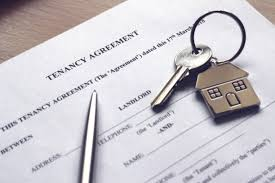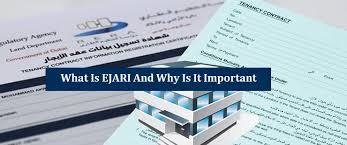Now Reading: Ejari Explained: Everything Tenants in Dubai Must Know Today
-
01
Ejari Explained: Everything Tenants in Dubai Must Know Today
Ejari Explained: Everything Tenants in Dubai Must Know Today

If you live in Dubai or plan to rent a property soon, chances are you’ve come across the terms “Ejari” and “Tenancy Contract.” But what do these really mean? Why are they important? And what happens if you don’t follow the rules?
In this article, we break down everything you need to know in simple, clear English, so you can stay informed, avoid legal trouble, and have a stress-free rental experience in Dubai.
What Is a Tenancy Contract?

A tenancy contract is a legal agreement between a landlord and a tenant. It outlines the rights and responsibilities of both parties. In Dubai, the contract includes details such as:
- The name of the tenant and landlord
- The property address
- Rental amount and payment schedule
- Duration of the lease (usually one year)
- Maintenance responsibilities
- Terms for renewal or termination
The contract must be signed by both parties and should be written, not just verbal. Once signed, this document becomes a binding agreement under UAE law.
What Is Ejari?

Ejari (which means “my rent” in Arabic) is a system introduced by the Dubai Land Department (DLD). The goal is to regulate rental agreements, make the process transparent, and protect the rights of both tenants and landlords.
With Ejari, your tenancy contract is registered with the government, and you get a unique Ejari number. This number is essential for many official services in Dubai, such as:
- Setting up electricity and water (DEWA)
- Applying for visas or renewing residence permits
- Getting a commercial license (for business tenants)
- Filing rental disputes in court
In short, no Ejari, no services.
Why Is Ejari Important?

Here’s why registering your tenancy contract with Ejari is essential:
Legal Protection
If you ever face issues like eviction, rent increases, or non-return of your deposit, the Ejari contract protects you in court.
Required for Government Services
You can’t open DEWA accounts or renew residency visas without Ejari. It’s a must-have for every Dubai resident.
Rental Dispute Resolution
If there is a dispute between tenant and landlord, the Rental Dispute Center (RDC) only accepts registered Ejari documents.
Prevents Fraud
Ejari helps ensure that landlords can’t rent the same unit to multiple people or change contract terms without consent.
How to Register for Ejari?
The Ejari registration process is simple and can be done:
1. Online via the Ejari App
You can download the Dubai REST app or visit ejari.dubailand.gov.ae to submit documents online.
2. At a Typing Center
Many registered typing centers in Dubai offer Ejari services. You’ll need to bring:
- Original tenancy contract
- Emirates ID
- Passport copy
- Visa copy
- Title deed of the property
- Landlord’s ID
You’ll receive the Ejari certificate usually within 24 to 48 hours.
What Happens If You Don’t Register Ejari?
Failing to register your tenancy contract with Ejari can cause serious issues:
- You won’t be able to connect DEWA services
- Your residency visa renewal may be delayed
- You can’t file legal complaints about your rental unit
- You risk paying fines or facing eviction
The cost of registration is minimal (around AED 200–250), but the consequences of skipping it can be expensive.
Ejari Renewal and Cancellation
Renewing Ejari
You must renew Ejari every time you renew your tenancy contract—usually once a year. The process is the same as the initial registration.
Cancelling Ejari
When your lease ends or you move out, your Ejari must be cancelled. Usually, the landlord or agent handles this, but it’s best to confirm.
Ejari cancellation ensures that your name is removed from the property record, which avoids issues in the future (like DEWA bills in your name).
Key Tips for Tenants in Dubai
- Always sign a written tenancy contract
- Make sure the property is under the landlord’s name (ask to see the title deed)
- Check that the landlord or agent is RERA-licensed
- Register your Ejari immediately after signing the contract
- Use the Dubai REST app for fast and easy processing
- Keep copies of all documents and receipts
Final Thoughts
Living in Dubai comes with many benefits, but it also requires tenants to understand the legal system. Ejari is more than just a paper—it’s your proof of rental rights. Whether you’re a new expat, student, or long-time resident, registering your tenancy with Ejari is the first step to a worry-free rental life.
Make sure you know your rights and responsibilities. A small step like registering Ejari can save you from big problems later on.
Read More:- Shobha Realty Launches Its Most Luxurious Project Yet—Full Details Inside 2025






















